Guide To Common Eye Problems In Seniors And What To Do About Them
From the age of forty onward, particularly once reaching sixty years old, the majority of individuals start experiencing changes in their vision. Some need glasses because they begin to have trouble seeing up close, seeing while driving at night, adjusting to glare, or distinguishing certain colors. Many of these subtle changes do not need to have a dramatic impact on an individual's lifestyle, but as the years progress, the risk of age-related eye disease increases. With this in mind, get familiar with the most common eye problems seen in seniors, including prevention and treatment options, now.
Visit An Eye Doctor For A Comprehensive Dilated Eye Exam
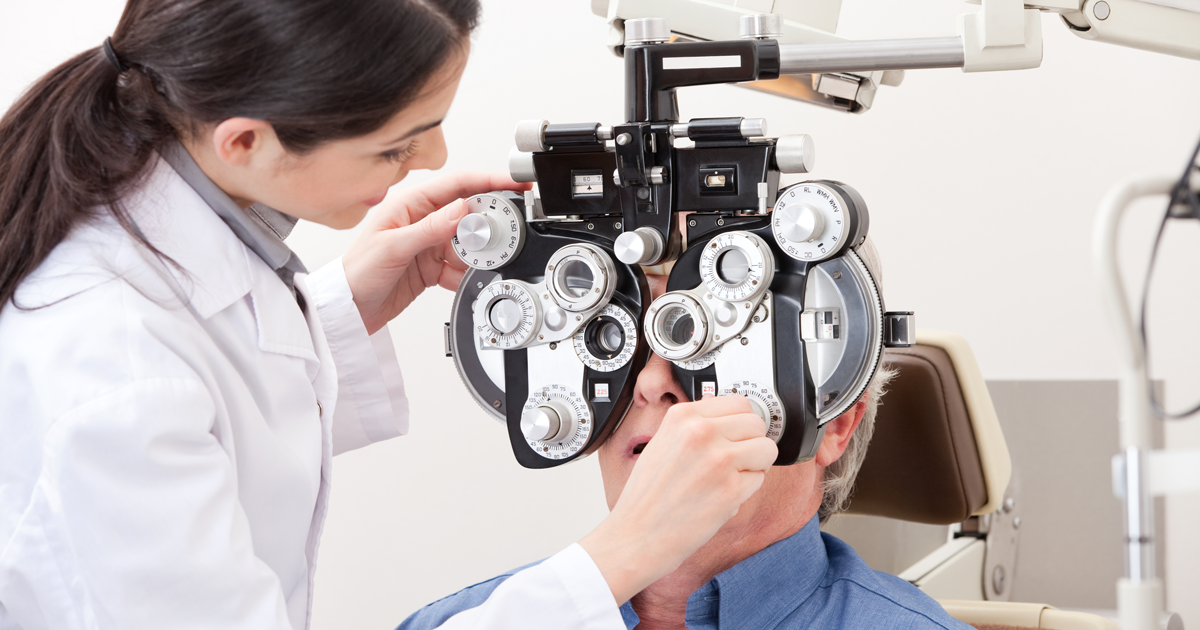
Vision experts advise individuals to get their eyes checked regularly as part of their health care regime. An annual comprehensive dilated eye exam is advised for detecting vision problems and eye diseases without early warning signs. African Americans, due to a higher risk of glaucoma, should have comprehensive dilated eye exams beginning at forty years old. The comprehensive dilated eye exam includes the key elements of tonometry, dilation, a visual acuity test, and a visual field test.
Tonometry includes a small puff of air onto the eye or a gentle pressure-sensitive tip applied close to or on the eye to help detect glaucoma. The dilation test allows the eye care expert to see inside the eye using eye drops that widen the pupil and a special magnifying lens. A visual acuity test allows an eye care expert to gauge someone's ability to see at various distances. A visual field test assesses an individual's peripheral vision.
Dry Eyes
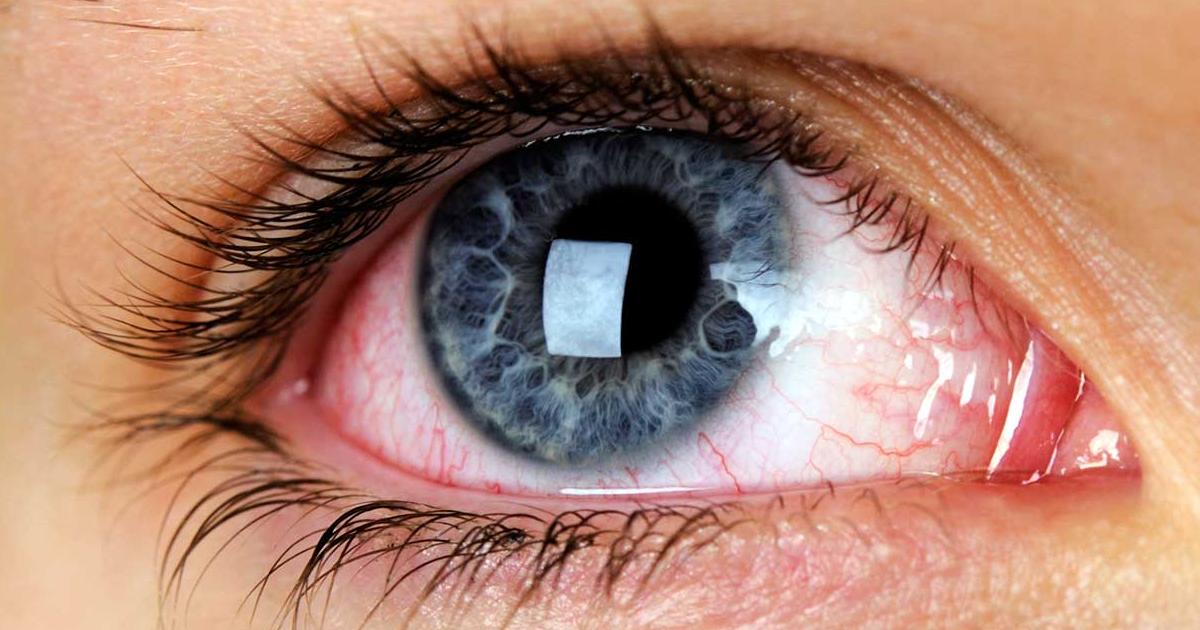
Keratoconjunctivitis, also known as dry eyes, can occur at any age, but it is commonly associated with individuals over sixty years old. Dry eyes occur when the eyes do not produce enough tears. Tears are made of water, mucus, and fatty oils, which help keep the surface of the eyes smooth and moist and help ward off infection. When decreased tear production occurs, individuals may experience certain symptoms, such as a burning, stinging, or scratchy feeling in the eyes; a stringy mucus around the eyes; sensitivity to light; eye redness; the feeling that something is constantly in the eyes; difficulty wearing contact lenses; difficulty driving at night; watery eyes; and blurred vision or eye fatigue.
A doctor will recommend a treatment for dry eyes that depends on its cause. The doctor may recommend changing a certain medication, prescribe a new drug, prescribe eye drops or eye inserts that serve as artificial tears, prescribe special contact lenses, or recommend another treatment or procedure.
Cataracts
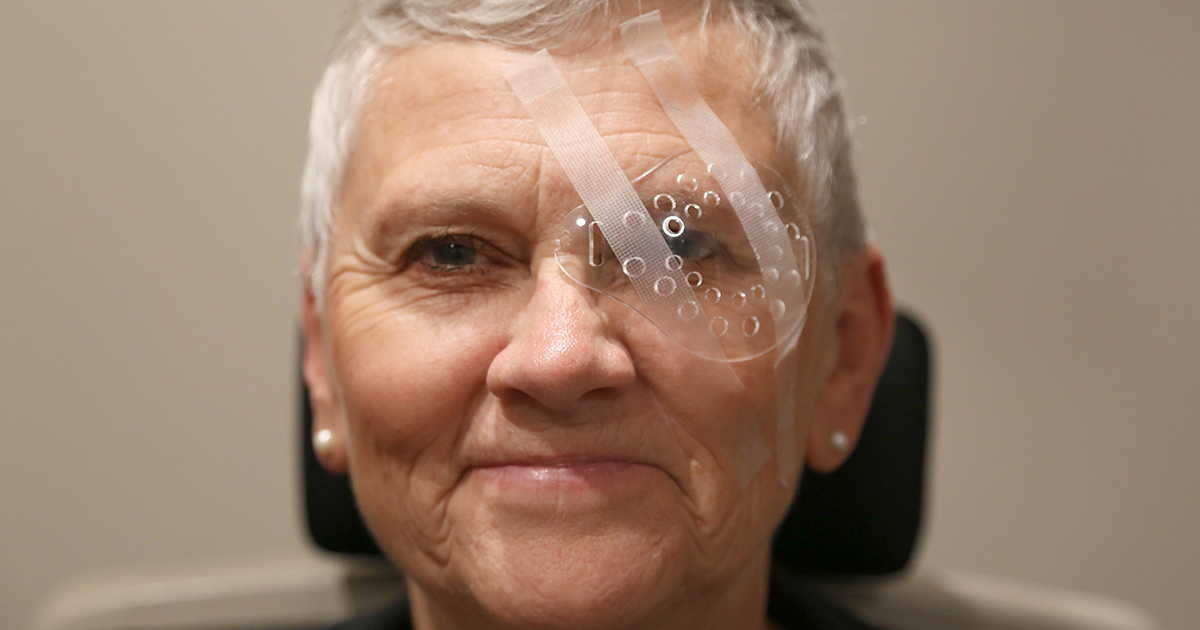
Cataracts can occur at any age but are more commonly associated with seniors. A cataract is a clouding of the lens of the eye due to an accumulation of protein in clusters that can become so large they affect vision. For individuals with cataracts, living with them is like constantly looking through a foggy window, and it can make activities like reading, driving, or even communicating with others difficult. Cataracts progress slowly, but as time passes, they eventually impair vision.
In the beginning, increased lighting and eyeglasses help deal with the condition, but eventually, surgery may be required and is the only available treatment for cataracts. Patients should consult a doctor about if surgery may be required. Having cataracts is not harmful to the eyes, so patients can take their time to decide if having surgery is right for them. More than fifty percent of Americans have had a cataract or cataract surgery by eighty years old.
Macular Degeneration
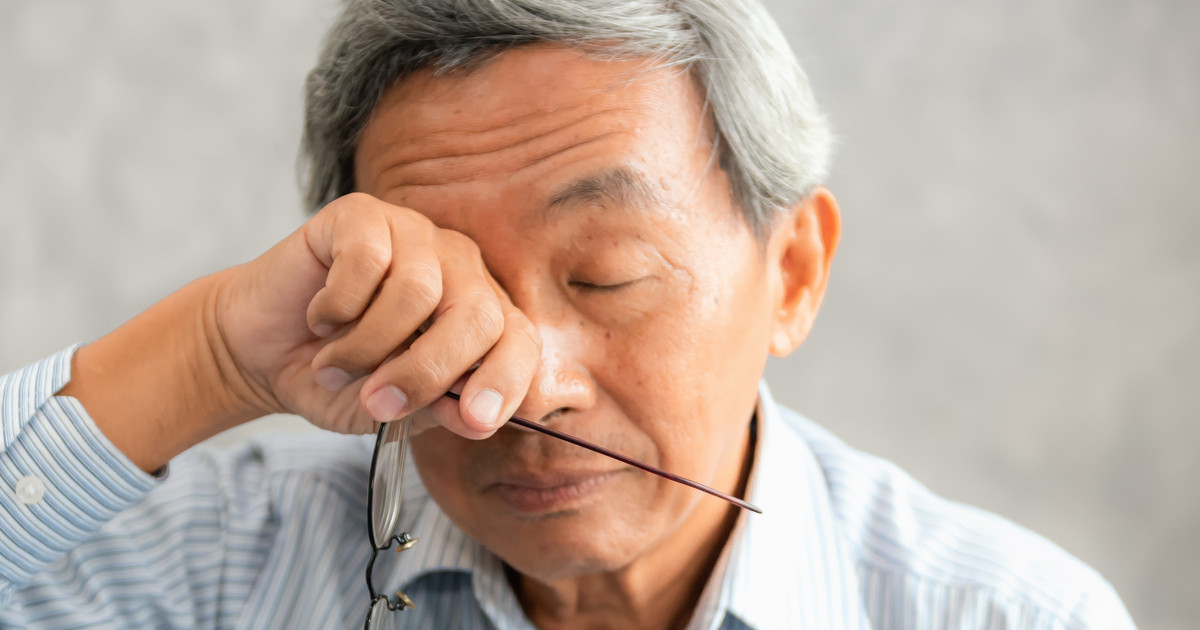
The macula, part of the retina, is responsible for sharp central vision. Macular degeneration usually occurs in individuals over sixty years old, and its cause is unknown. However, certain factors, such as smoking, obesity, high blood pressure, an unbalanced diet, and insufficient physical activity, increase the risk. Macular degeneration begins in one eye and gradually affects both. The vision impairment that results may affect an individual's ability to read, drive, and recognize faces. Early detection as well as taking self-care measures can help prevent macular degeneration or slow its progression.
Self-care and treatment measures include taking vitamin supplements, eating a healthy diet, not smoking, getting protein injections that increase the number of blood vessels in the eyes, laser surgery, and phototherapy. Certain people individuals with advanced macular degeneration may be eligible for a surgical procedure that involves implanting a telescopic lens in one eye.
Diabetic Eye Disorders
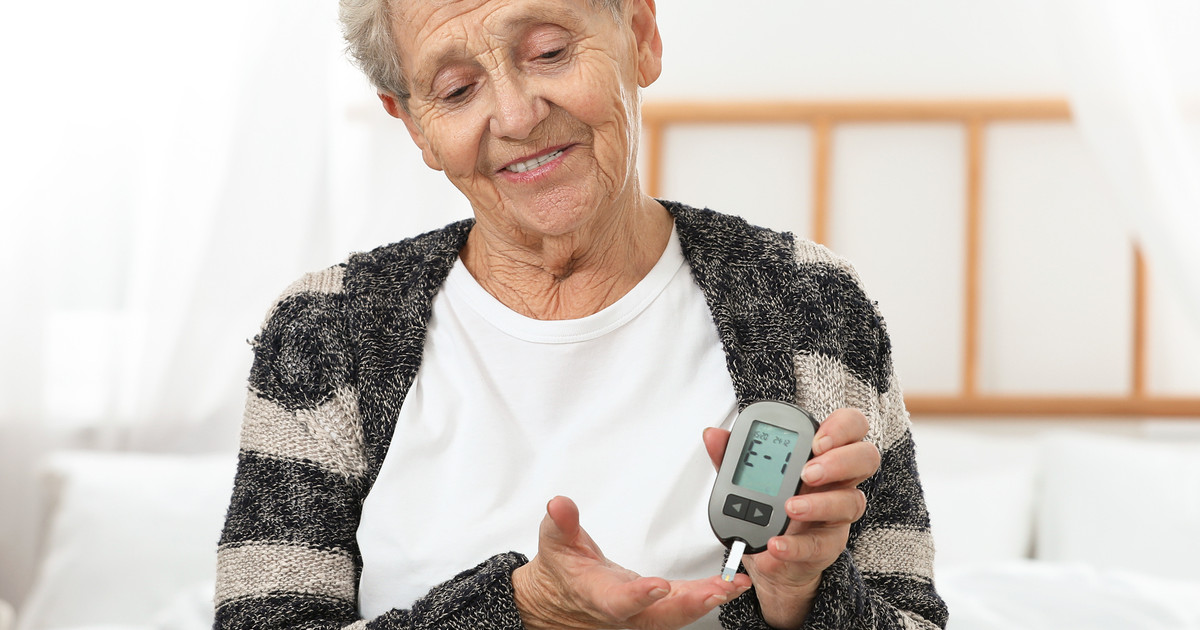
Seniors with diabetes should carefully manage their blood sugar levels to prevent diabetic retinopathy, a complication of diabetes that affects the eyes. High blood glucose can cause damage to the blood vessels in the eyes and block the pathways that nourish the retina. When the eyes try to grow new blood vessels, they do not develop properly and leak easily, and the result is impaired vision. Diabetic retinopathy can also be the cause of other eye conditions, including macular degeneration and macular edema. Retinal detachment can also occur.
Certain factors along with diabetes increase the risk of diabetic retinopathy, including the length of time someone has had diabetes, blood sugar instability, high blood pressure, high cholesterol, pregnancy, smoking, and being African American, Hispanic, or Native American. Treatment depends on the type of diabetic retinopathy and may include no treatment, monitoring, or surgery.
Presbyopia

There is no way to fully prevent presbyopia from happening. Every individual will experience some degree of this condition as they age. As individuals get older, their eyes have a harder time focusing on objects close to them. This is because the lens in the eye isn't as elastic and flexible as it used to be, which makes it difficult to bend and focus. Individuals can protect their vision by having their eyes regularly examined and wearing sunglasses in bright sunlight. Individuals should also wear protective gear when they do activities that might cause injury to the eyes.
They should make sure to eat a healthy diet including nutrients and vitamins that supplement the eyes. They should also read in good lighting. If individuals do notice their vision is becoming worse, they can talk to a doctor. Many individuals find reading glasses help improve their vision and restore their quality of life. Those who are concerned should make an appointment to talk to their optometrist.
Eye Floaters

When individuals get older, they're also more likely to experience eye floaters. 'Floaters' are rings, weblike lines, or spots that seem to move or swim through an individual's vision. The floaters might look like gray or black specks individuals can't quite focus on directly. Even though floaters appear to be in the environment surrounding an individual, they're actually within the eye itself. Most eye floaters aren't cause for alarm, but they can indicate individuals have an underlying health issue or eye condition. Many cases of eye floaters will vanish by themselves, so an effective treatment is to simply ignore them.
For more serious cases, patients can undergo a vitrectomy. This removes eye floaters, but it is an invasive surgery. Laser therapy can also sometimes be used to break up eye floaters by aiming lasers at them. However, this does come with the risk of damaging the retina if the lasers are incorrectly aimed. Individuals can't necessarily prevent eye floaters or the diseases that cause them, but they can be proactive about their eye health by receiving regular eye exams.
Glaucoma
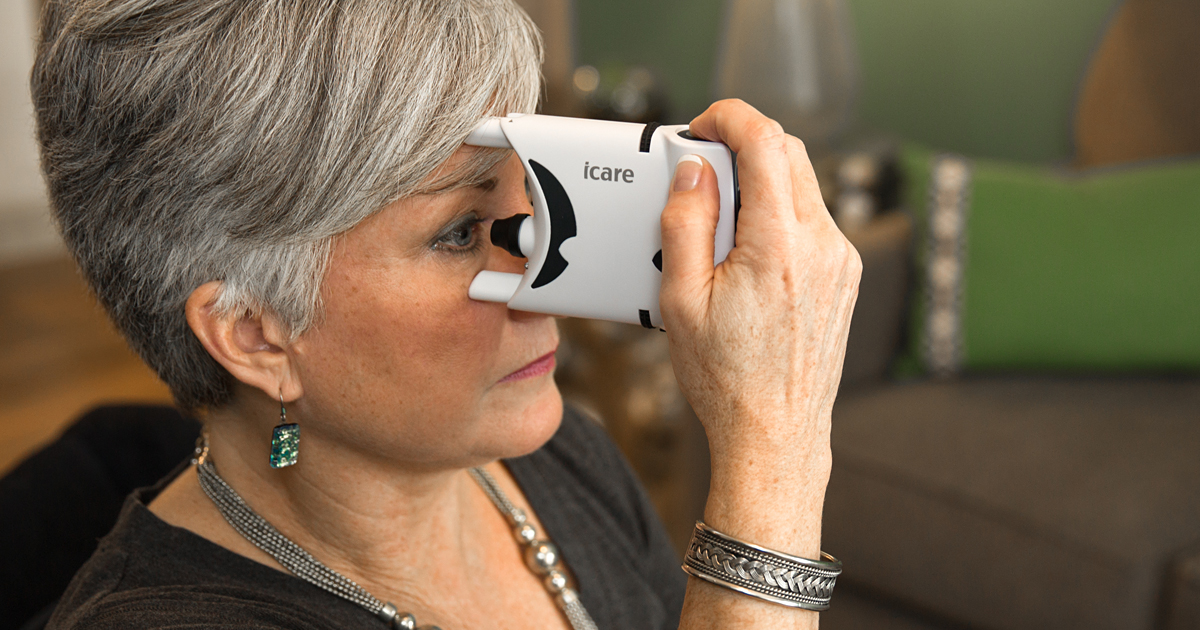
Glaucoma is among the most common causes of blindness and vision loss in individuals older than sixty years old. Rather than being one single illness or condition, this is actually a group of different eye conditions that cause damage to the optic nerve. Though the condition can occur at any age, seniors and older adults are more likely to experience it. It's important to detect glaucoma in the early stages to prevent it from getting to the point of causing vision loss. One prevention measure is to get regular eye examinations with dilation.
Individuals should also be aware of their family history of eye health, take prescribed eyedrops, and wear eye protection. Glaucoma can also be reduced by exercising since this can reduce pressure in the eye. The good news is this condition has a variety of treatments. There are many eye drops available to treat the underlying cause and symptoms. Patients might also be prescribed oral medications for their eye pressure. If need be, a doctor might recommend surgery.
Retinal Detachment
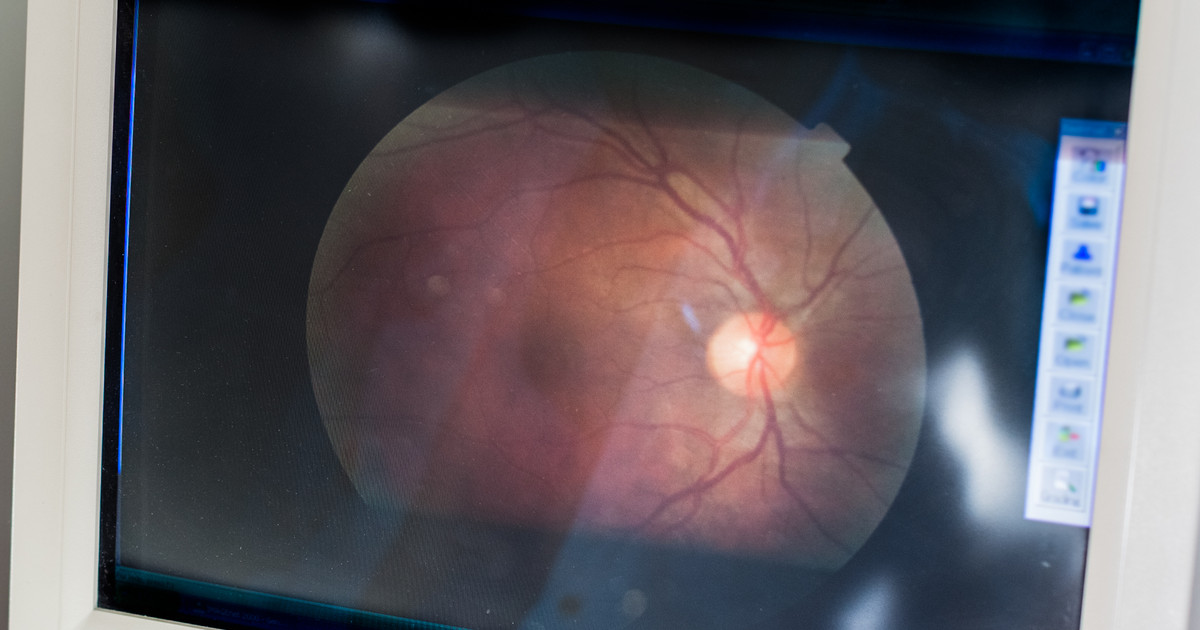
Retinal detachment is a medical emergency that must be treated immediately or patients could go permanently blind. It occurs when the retina pulls from its normal position in the eye, which leads it to become deprived of oxygen and nutrients. This means the cells start to die. Since the retina is responsible for receiving light signals, the damage could lead to permanent loss of vision. For seniors, the most common type of detachment is rhegmatogenous detachment, and there is no surefire way to prevent this from happening. Having enough nutrients for eye health can be helpful, but it's not a surefire bet.
Treatment for tears nearly always involves some form of surgical repair, and full detachment needs surgery. There are a few different techniques available. A surgeon might inject gas or air into the eye, and they may also indent the surface of the eye during the repair. Another technique is to drain and replace the fluid in the eye during the surgery. The goal is to save as much retinal tissue as possible and prevent permanent vision loss.
Excessive Tearing
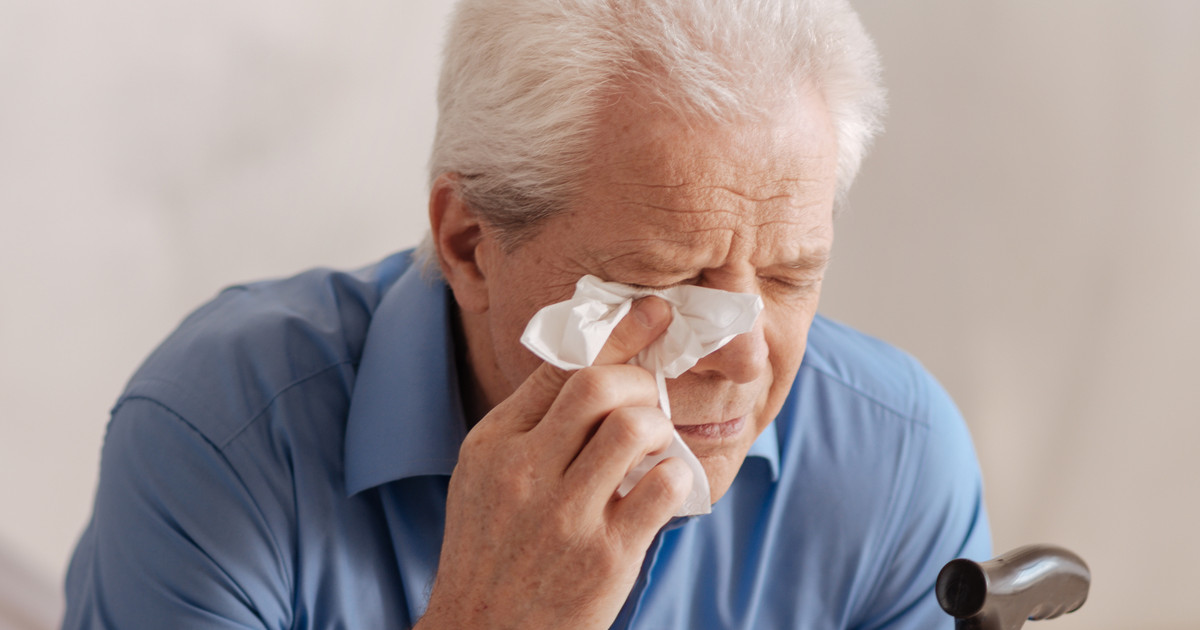
Excessive tearing is a common issue as individuals get older. Anybody can experience excessive tearing and watery eyes from time to time. The majority of cases clear up by themselves. However, if an individual's symptoms are bothersome or don't clear up within a few days, their doctor might need to treat them. In many cases, tearing occurs due to injury or irritation to the eye. The best way to prevent this is by wearing protective eye gear and not using potentially harmful substances or cosmetics around the eyes.
Watery eyes might be treated with prescription eye drops. If an individual's eye is infected, they may need to take a course of antibiotics. For those whose symptoms are related to allergies, taking allergy medication may sometimes help. If an individual's tear ducts are blocked, they might be able to help clear them by putting a warm and wet towel over their eyes several times daily. In the most severe cases, there are surgeries available to clear blocked ducts.
